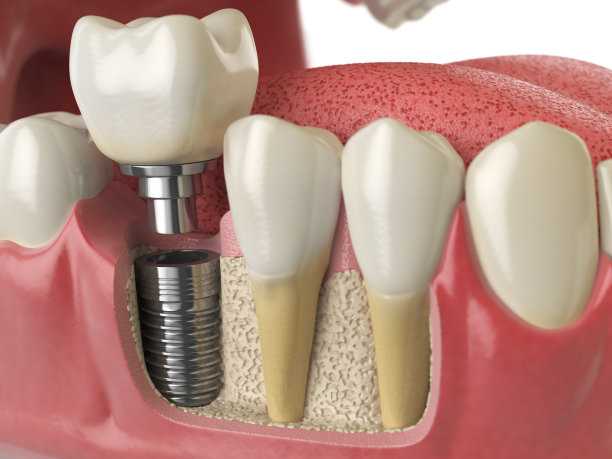Important Considerations and Precautions to Take Before Undergoing a Dental Filling Procedure for Optimal Oral Health
Summary: Dental fillings are a common dental procedure that help restore teeth affected by decay or damage. However, it is crucial for patients to prepare adequately before undergoing this treatment. This article outlines important considerations and precautions to take, focusing on understanding the procedure, selecting the right dentist, discussing potential risks, and post-treatment care. Each aspect plays a vital role in ensuring optimal oral health and a successful filling experience. By being well-informed and prepared, patients can alleviate anxiety and foster a smoother treatment journey, leading to long-term benefits for their dental health.
1. Understanding the Dental Filling Procedure

Before undergoing a dental filling, it is essential to understand the procedure itself. Dental fillings are designed to restore teeth that have been damaged by cavities or trauma. A dentist removes the decayed portion of the tooth and fills the empty space with a suitable material. Common materials used for fillings include composite resin, amalgam, and porcelain.
Patients should take time to research the types of fillings available and the benefits of each. For instance, while amalgam fillings are durable and cost-effective, composite fillings blend better with natural tooth color and aesthetics. Understanding these options can help patients make informed decisions based on their preferences and needs.
Moreover, discussing the procedure in detail with the dentist is crucial. This helps patients set realistic expectations regarding the process and recovery. Knowing what to anticipate can significantly reduce anxiety and enhance overall satisfaction with the treatment.
2. Choosing the Right Dentist for the Procedure
Selecting an experienced dentist is a critical factor in ensuring a successful dental filling. It is advisable to research and choose a dentist who specializes in cosmetic dentistry or restorative procedures. Reviews, testimonials, and recommendations from friends or family can provide valuable insights into a dentists skills and expertise.
Before the filling procedure, patients should schedule a consultation with their chosen dentist. This visit allows for discussions regarding the patients oral health history, treatment options, and any specific concerns. A competent dentist will take the time to answer questions and provide details about the filling materials that suit the patients needs.
Additionally, ensuring that the dentist鈥檚 office adheres to proper hygiene practices and maintains a comfortable environment is vital. A clean and welcoming setting not only ensures safety but also contributes to a positive patient experience.
3. Discussing Potential Risks and Side Effects
Understanding the potential risks and side effects of dental fillings is crucial for patients. Although dental fillings are generally safe, some patients may experience discomfort, sensitivity, or allergic reactions to the materials used. It is essential to communicate any known allergies to the dentist before the procedure.
Patients should also be aware of the possibility of post-treatment complications, such as the filling becoming loose or falling out. Regular follow-up appointments can help ensure that the filling remains intact and that no further issues arise.
Understanding these risks enables patients to take proactive measures. For example, maintaining good oral hygiene practices and attending regular dental check-ups can help prevent further decay and ensure that fillings remain effective over time.
4. Post-Treatment Care Instructions and Tips
After undergoing a dental filling, adhering to post-treatment care instructions is essential for optimal recovery. Dentists typically recommend avoiding hard or sticky foods for at least 24 hours, as these can dislodge the new filling. Patients should also be cautious when consuming hot or cold foods, as they may experience heightened sensitivity immediately following the procedure.
Maintaining good oral hygiene is critical during recovery. Patients should continue to brush and floss regularly, paying special attention to the filled tooth. Additionally, using a fluoride mouthwash can help strengthen the surrounding enamel and prevent further decay.
Monitoring the filled tooth for any signs of discomfort or changes in sensitivity is also vital. If any concerns arise, patients should not hesitate to contact their dentist to ensure proper care and treatment.
Summary:
In conclusion, preparing for a dental filling procedure involves a comprehensive understanding of the treatment, choosing the right dentist, recognizing potential risks, and adhering to post-care instructions. By taking these crucial considerations and precautions into account, patients can enhance their experience and promote optimal oral health, ultimately leading to successful and lasting results.
This article is compiled by Vickong Dental and the content is for reference only.



